Recently I’ve become obsessed with a pet rescue charity in Harbin, China. Through social media, I watch them save abandoned dogs from starvation on the streets or from meat trucks, and I squeeze my own dog JD just a little bit tighter. Last summer, twelve pet dogs died in Harbin when somebody sprinkled rat-poisoned sausages outside a gated community. These awful stories inevitably get me thinking about how differently our pets live over here. In the UK, about 1 in 2 households own a pet, at a cost of as much as £25,849 across the lifetime of some of our most popular dog breeds. We’re a nation that invests in our pets financially and emotionally: we have extensive veterinary services, pet-friendly holidays, hotels and restaurants, animal hospice care for our elderly cats and dogs, and an array of dietary and other products that cater to our animals’ needs. I was even reading about recent proposals to make certain LA dog shelters vegan: if an organic plant-based diet is good enough for humans, why not our pets?
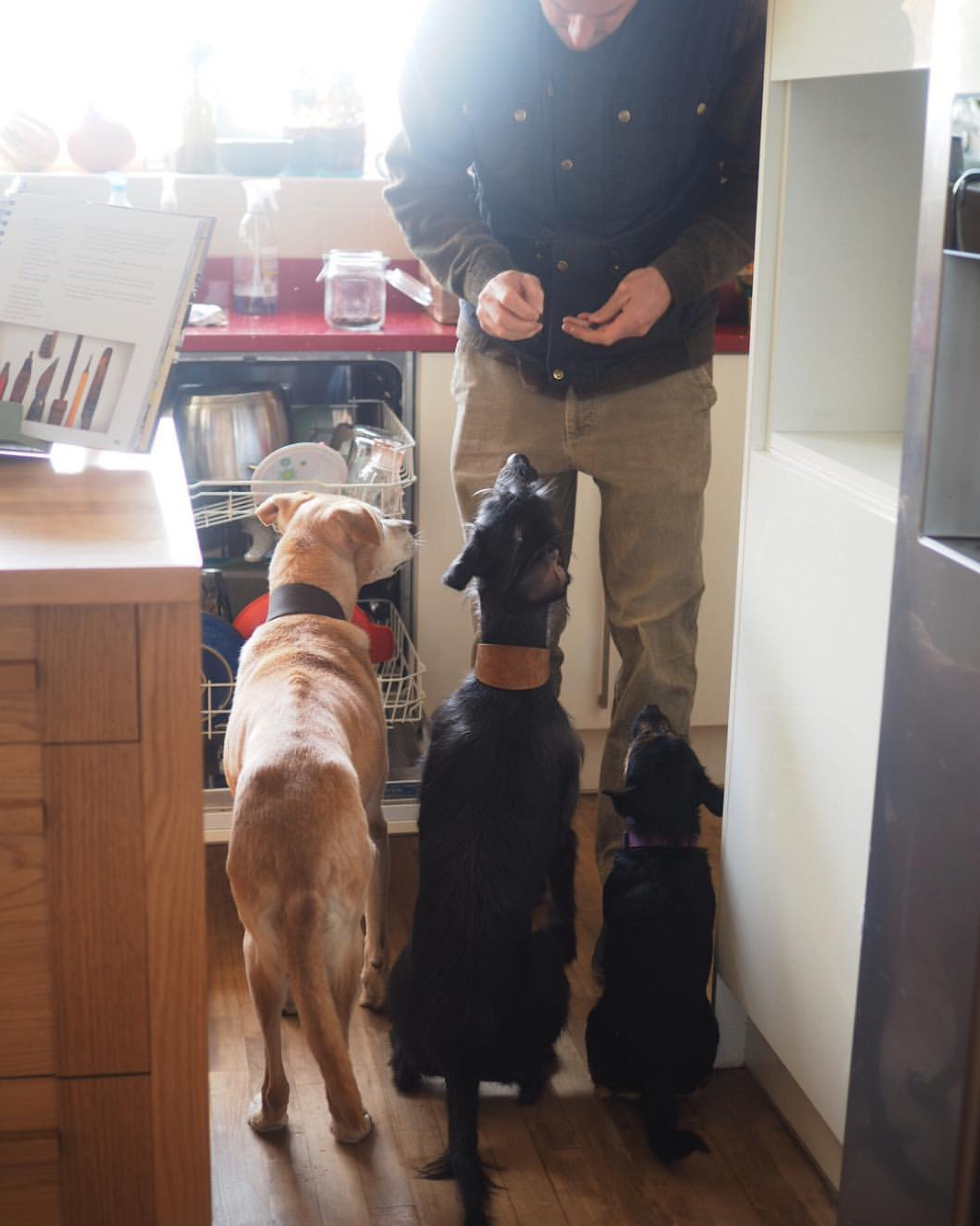
So I tell my little King Charles Cavalier how lucky he is to live here in suburban Woodford, with his artisan dog food, three dog beds and daily romps around Epping Forest. Pete and I are JD’s third owners and he was understandably a pretty scared dog when he came to us five years ago. Since then he’s completely changed, and enhanced, our lives, bringing an unimaginable measure of joy, laughter and comfort – and I hope that we’ve enhanced his life too. If I sound like I’m taking about a child, it’s because for Pete and I, JD is our world: he was the ringbearer at our wedding and walked down the aisle with my bridesmaids. I freak out if I think there might be anything wrong with him… I once rushed him to the vets thinking the strand of hair he’d got in his eye was a papercut. Yes, I’m that owner.
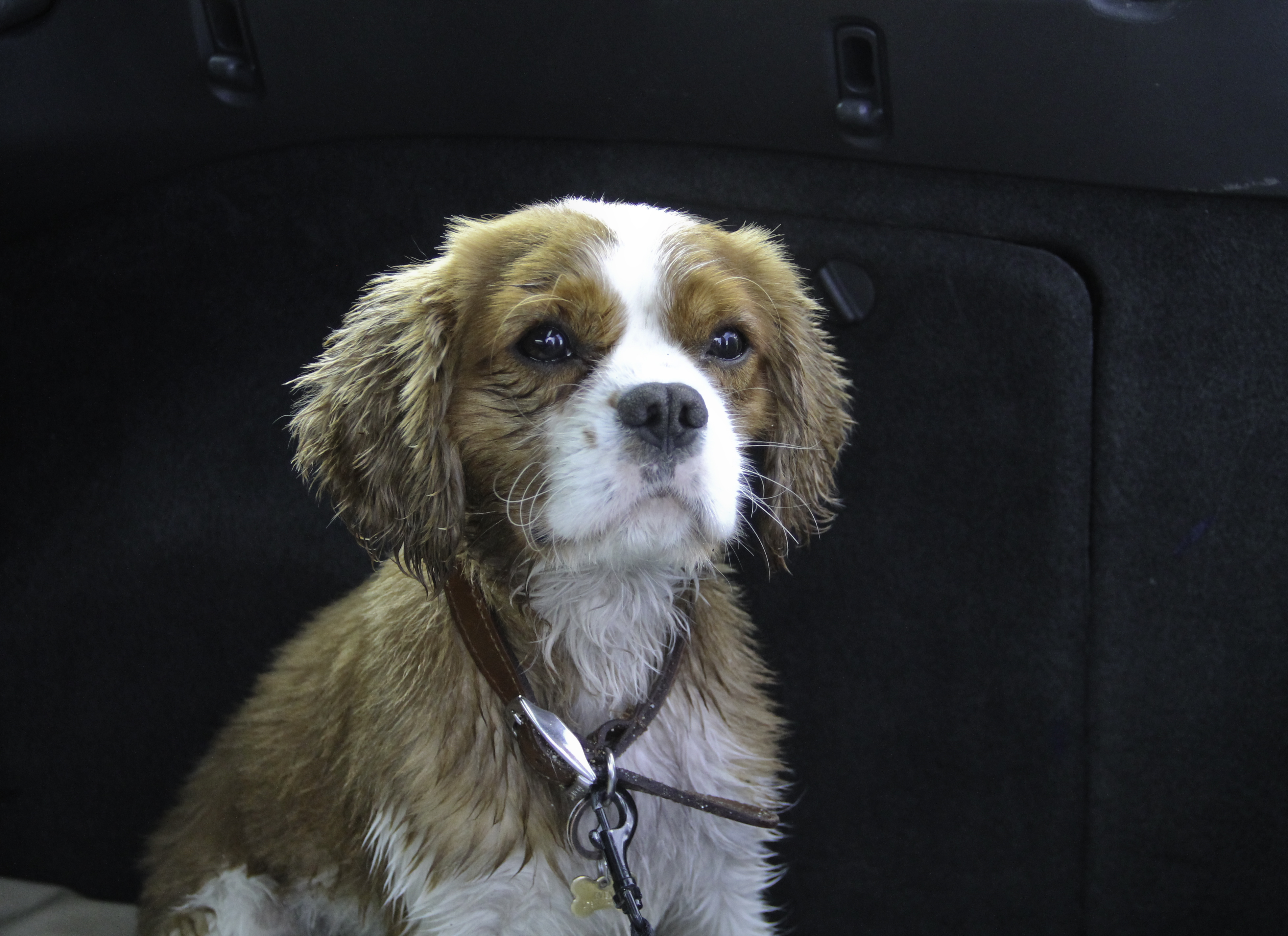
I’m also a vegan and a passionate animal rights advocate. The idea that vegan owners should extend their values to their dogs’ diets is actually just the tip of the iceberg when it comes to the ethical dilemmas of pet keeping for an animal activist. The very notion of owning a dog or cat poses difficult questions for many vegans who protest our right to ‘own’ and thus exploit animals in industry. In fact, the disconnection between the way people ignore the welfare of farm animals while treating dogs and cats like members of their own family is a longstanding bone of contention for animal advocates. Yet these inconsistencies are arguably just as present in the vegan call for the freedom of domestic farmed animals, but not our own pets. Do I personally feel ethically conflicted about this?
Not really.
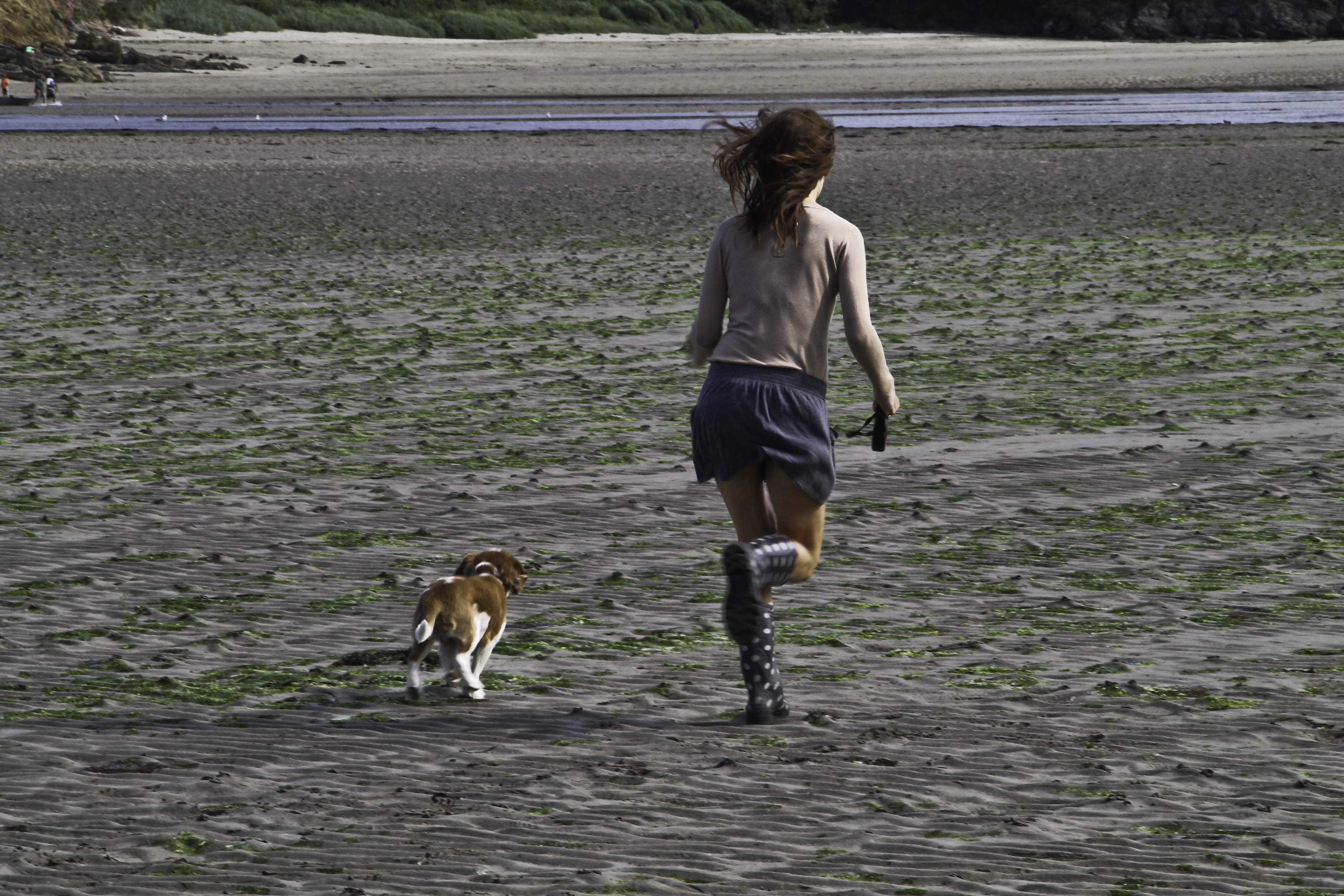
In my view, keeping an animal as a companion isn’t unethical in the same way as rearing one for food, so long as that animal’s welfare isn’t compromised. When dogs and cats are well-treated, their welfare is conceivably higher than that of their undomesticated relatives (say, a wolf or coyote). Obviously pet ownership denies animals the right to make their own choices to a significant extent, but freedom in the sense of ‘going back to the wild’ has zero meaning for our modern-day pets. Interestingly, there have been recent discoveries of ancient carvings showing a man with ‘leashed’ dogs, suggesting that we actually domesticated dogs over 8000 years ago. It therefore seems crazy to equate the needs of domestic dogs with those of wild animals: they’ve been quite separate beasts for thousands of years. Instead, why not acknowledge that our animals are dependents but find ways to allow them as much physical and behavioural freedom as possible within that relationship? Cats able to come and go as they please – and dogs allowed long runs, sniffing all the interesting scents they come across – enjoy lots of freedom yet also benefit from shelter, guaranteed food, veterinary treatment and all the paraphernalia of modern pet care. I doubt many animals would thank their owners for turning them out into the night to fend for themselves. And crucially, unlike farm animals, we are not raising our pets to be killed for meat: rather, we hope they will live long, happy lives.
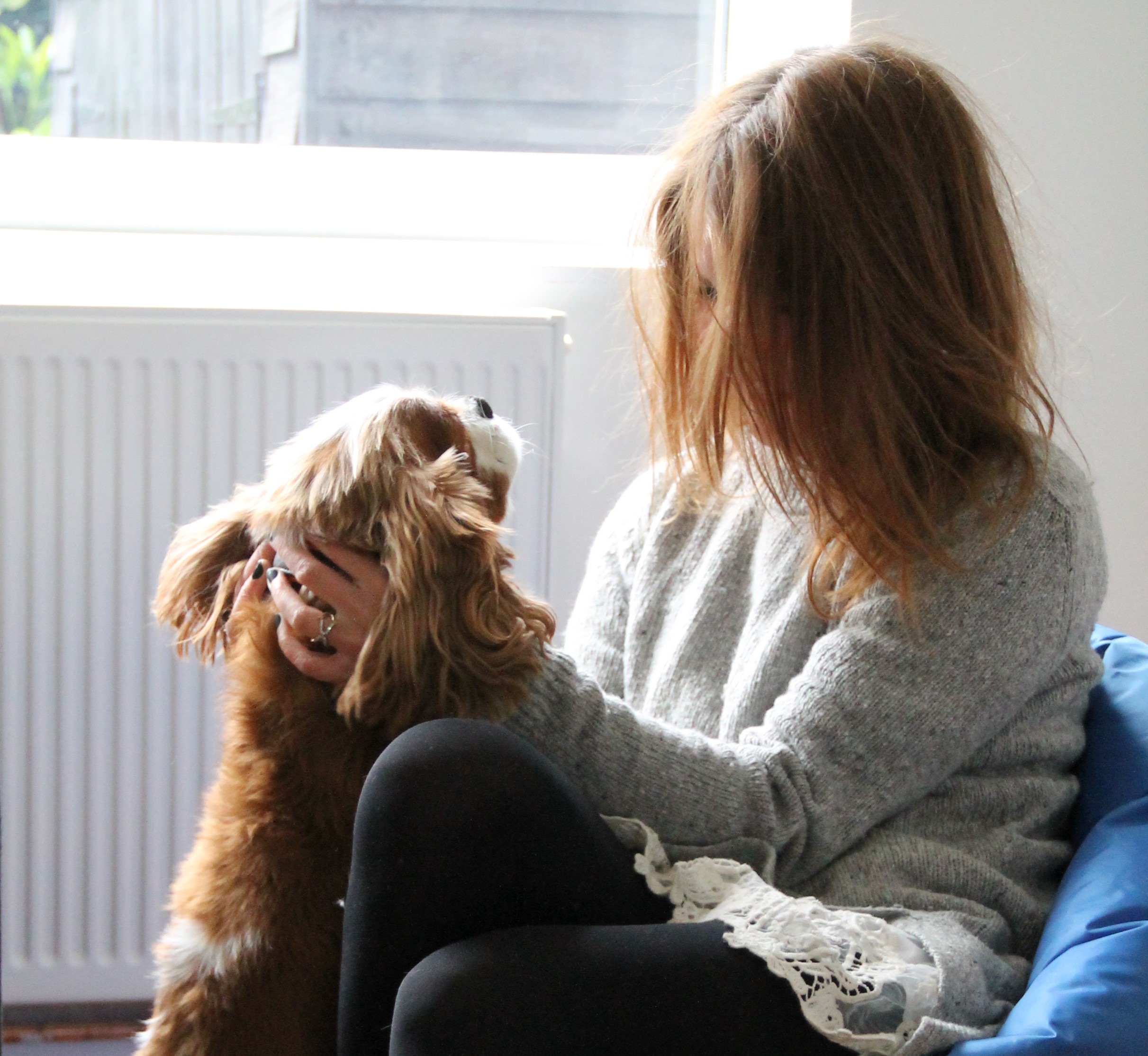
As any dog owner knows, when we put the best interests of the animal first, pets become less ‘property’ and more ‘family’. Ask anybody about their dog or cat: the outpouring of love and affection will show beyond doubt that most people value and cherish their companion animals, and want them to live the happiest, most comfortable lives possible. I see videos of my friend’s beautiful dogs romping across the Yorkshire dales and I can’t imagine more joyful animals.
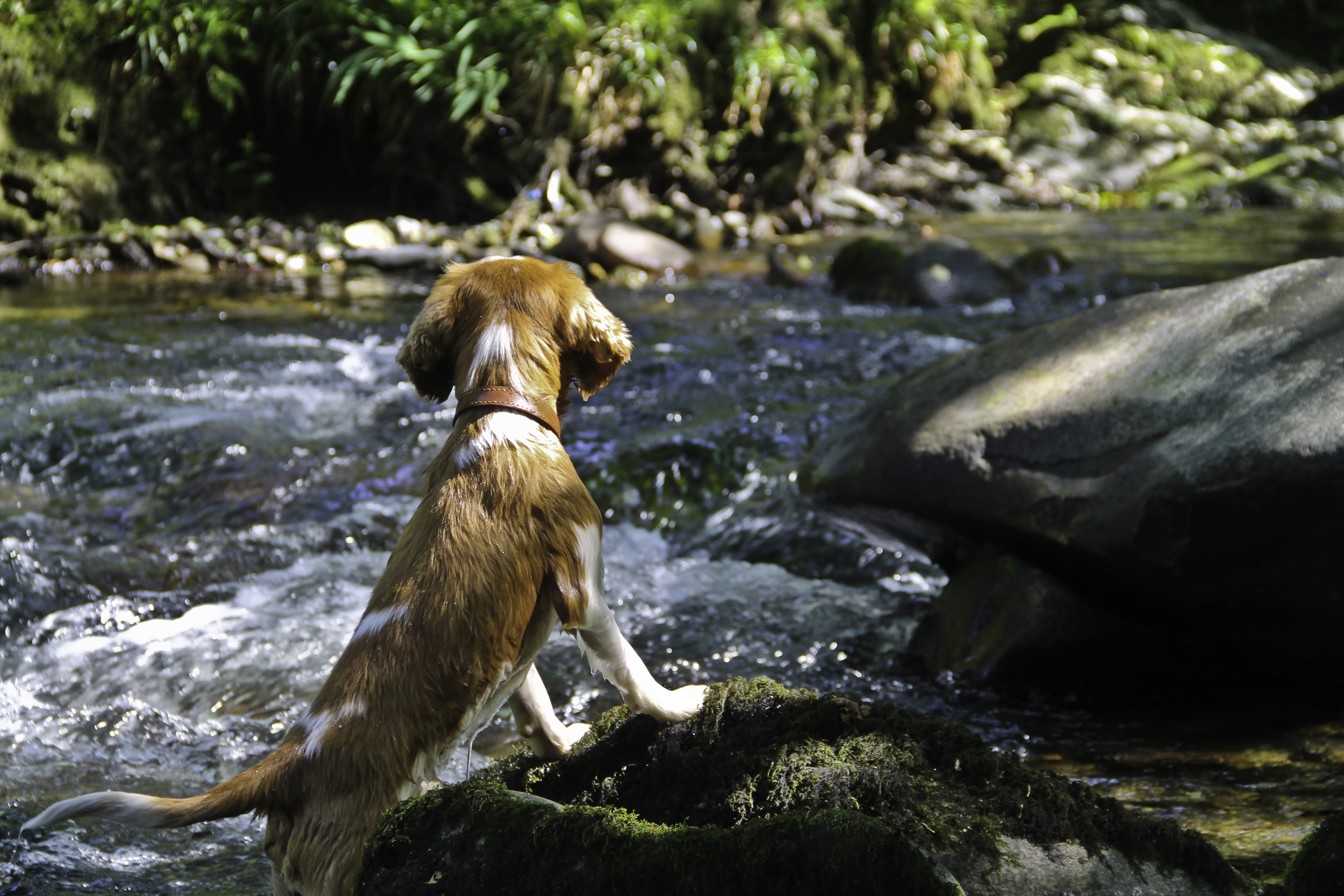
There are so many mutual benefits experienced by both owner and pet in a responsible companionship situation. A recent 12-year Swedish study looked at 3.4 million people over 40 years old and found that having a dog was associated with a 20% lower risk of death. The study found the biggest positive impact of having a dog was on people living alone: dogs encourage you to exercise and leave the house, to interact more with other people. They provide social support and they make life more meaningful. For an elderly person who has lost their life partner, a dog or cat can be an emotional lifeline. Similarly, previously socially-isolated autistic children have been shown to benefit enormously from the affection of companion animals. The charity dogsforthedisabled.org gives normally dependant people freedom and motivation through dogs (you can read first-person accounts on human lives on their website). For a physically disabled person, a service animal can be the gateway to a full and meaningful life, and consequently the guide dog is one of our most valued members of society. One only has to speak with a guide dog owner to understand the incredible bond they share with their animal, and the profound respect that forms the core of this attachment.
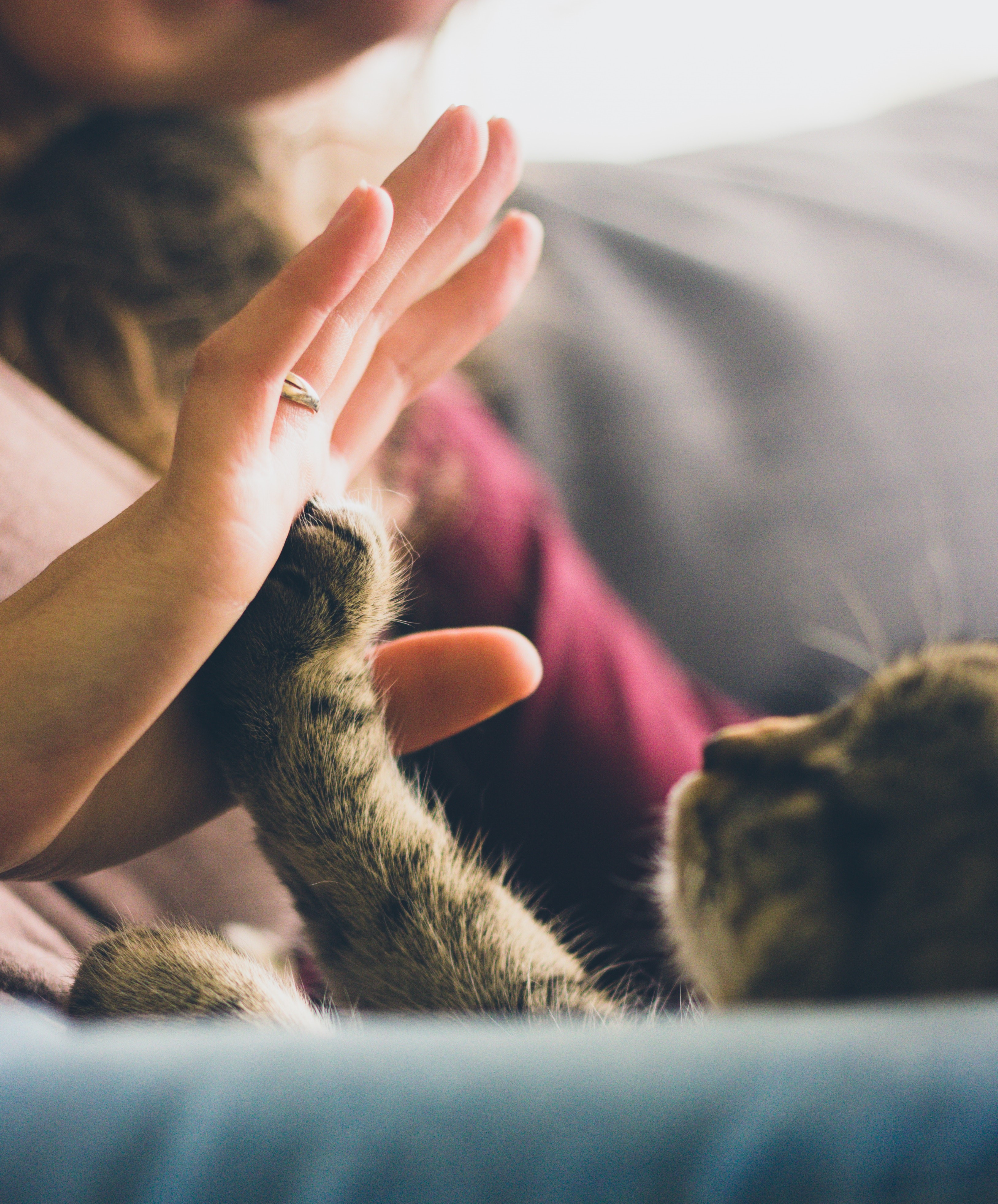
In return for all that they give to us, our animals benefit from our companionship in ways that go beyond food and shelter. There is scientific evidence that dogs exhibit a pleasurable oxytocin release when being stroked by a human. People sometimes say to me ‘Your dog doesn’t really love you; he just knows you’re the one who feeds him’. I don’t think I’m deluded in disagreeing: my dog shows me huge affection even when he’s just eaten and there’s no meal on the cards. There are also far reaching benefits for animal welfare: children who grow up with well cared-for pets are more likely to feel responsibility towards the creatures with whom we share our homes and ultimately our planet. A friend recently admitted that she feels terrible distress thinking of animals suffering because she grew up with them, declaring “they’re a huge part of my life and I feel like I have a personal responsibility to them”. Clearly owning a pet is an essential aspect of developing empathy with four-legged creatures. It also shows us without a doubt that they have the same feelings of pleasure and pain that we do.
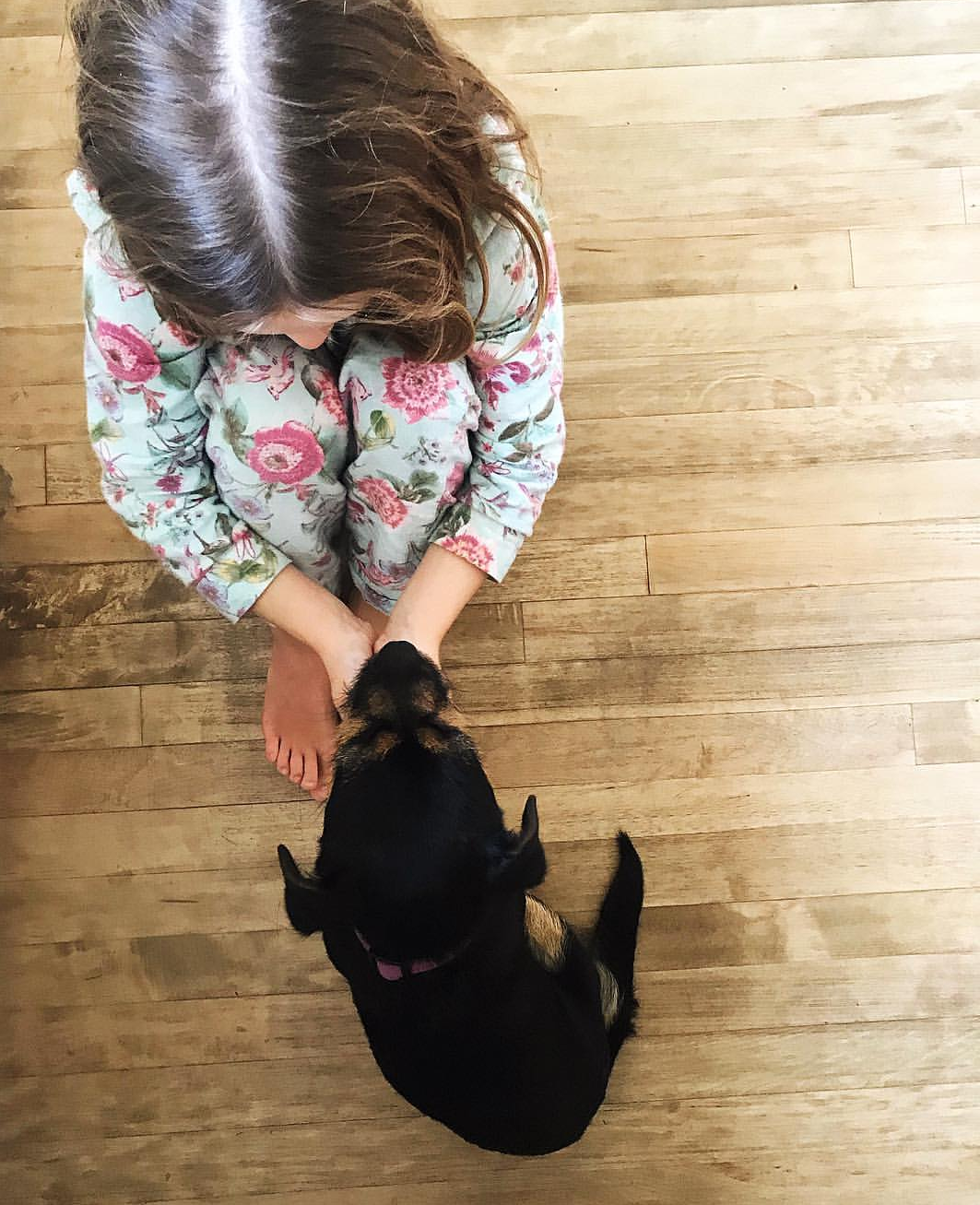
There are some kinds of pet keeping, however, that cannot be ethically justified. The arguments above apply to animals suited to living in human company, whose needs we understand and are mostly able to meet. In relation to exotic animals, too often we don’t even have ‘rough guidelines’ for their care. Keeping a lizard alone in a glass tank for its whole life can’t possibly benefit the animal, nor keeping a goldfish alone in an empty bowl or a parrot in cage. These creatures have complex requirements that we can’t understand or cater for in our homes, no matter how much love we show them.
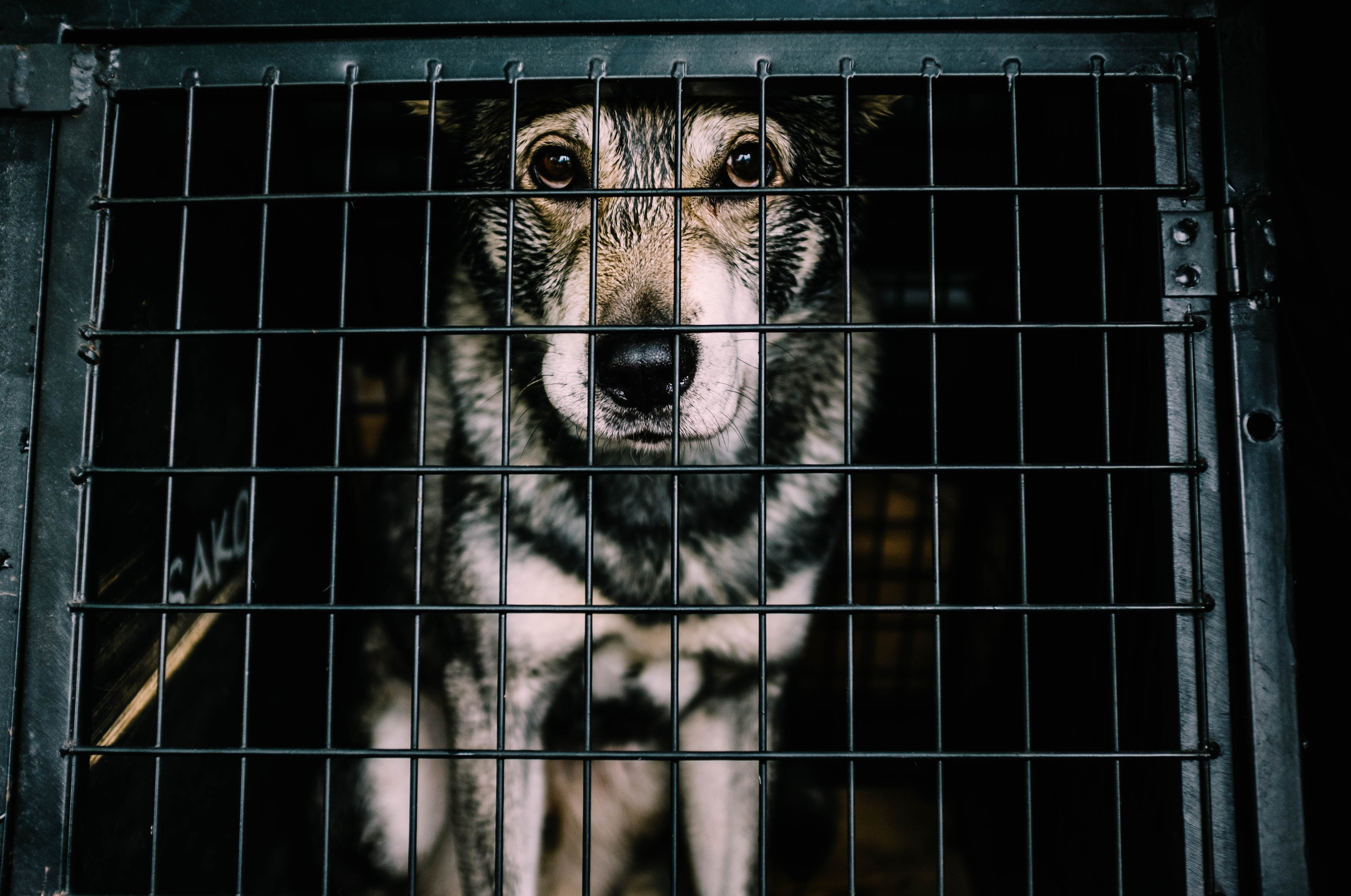
We must know that we’re able to look after an animal before we commit to its care, and too often people jump into the decision without thinking it through. According to the Dog’s Trust, every year more than 45,000 dogs are abandoned by their owners in the UK, many of which have to be put down. On top of this, over 100,000 strays are picked up by UK councils each year. That’s a staggering number of unwanted dogs. We also need to think carefully about where we get our pets from: when you buy a puppy from a breeder or a pet shop like Harrods, you encourage the creation of more dogs when there are so many already desperately needing homes. You might even be inadvertently supporting a puppy mill, horrendous places where dogs are essentially factory farmed. Whether from a reputable source or not, I don’t personally believe there is ever a good reason to buy a ‘new’ dog when there are so many already desperate for homes. Many animal advocates call for breeding to be illegal until all the dog shelters are empty, even if this means losing certain breeds. Whether or not you agree with this, it seems indisputable that there should be far more restrictive regulations on breeding, stricter licenses and much higher sentences for unregistered breeders.
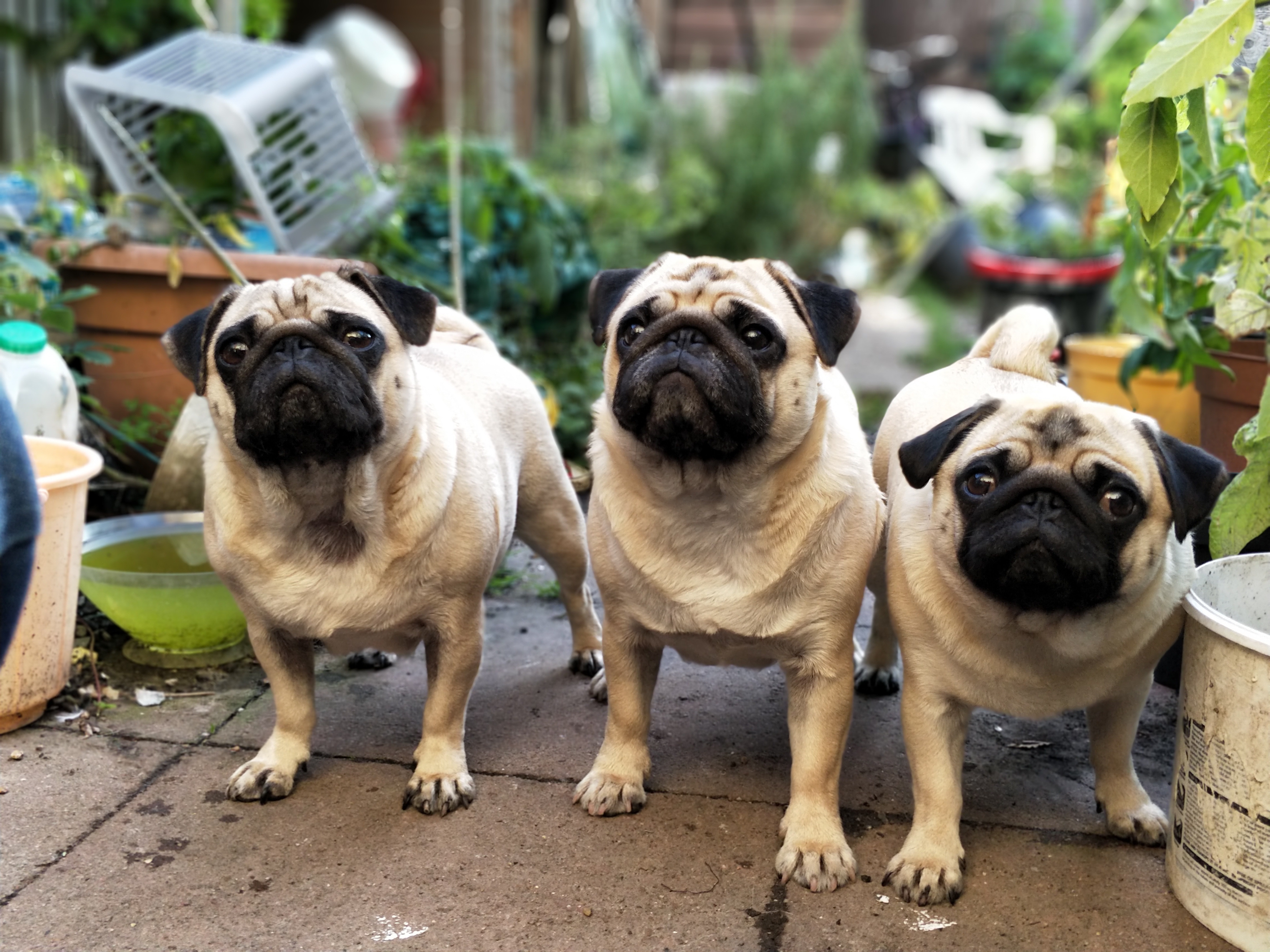
This relates to another hugely problematic issue with modern pet keeping: the popularity of flat-faced (“brachycephalic”) dog breeds, engineered by breeders to look ‘cute’ with severe health consequences. Most pugs and other short-nosed breeds suffer from respiratory problems, eye prolapse and obesity, and their heads are too big for them to be born naturally. It is arguable that these poor dogs have their welfare compromised by human owners from birth. King Charles Cavaliers also suffer from heart and eye problems inherited over years of breeding: I’ve lost count of the number of strangers who’ve seen JD and immediately shared a heart-breaking tale of their own cav’s premature death (thanks for that). Why do we do this to our ‘best friends’? It’s hard to find pugs and French Bulldogs adorable or amusing when their squashed faces and heavy panting tell a deeply sad tale of human selfishness.

There can also be issues when we love our pets so much that we can’t make rational decisions about what is actually best for their welfare. The rising obesity statistics among overfed dogs and cats testify to the adage ‘killing with kindness’. There is also the painful decision that an owner has to make when their pet gets too old or sick to live a comfortable life. Unlike humans, animals can’t endure immediate pain by imagining a better future, making it cruel to put them through painful operations to prolong their lives. Often owners do so simply because they don’t want to let their pet go. Jessica Pierce writes candidly about her own experience in this situation in her harrowing book The Last Walk, a lesson in crossing the line between humane and selfish end of life care.
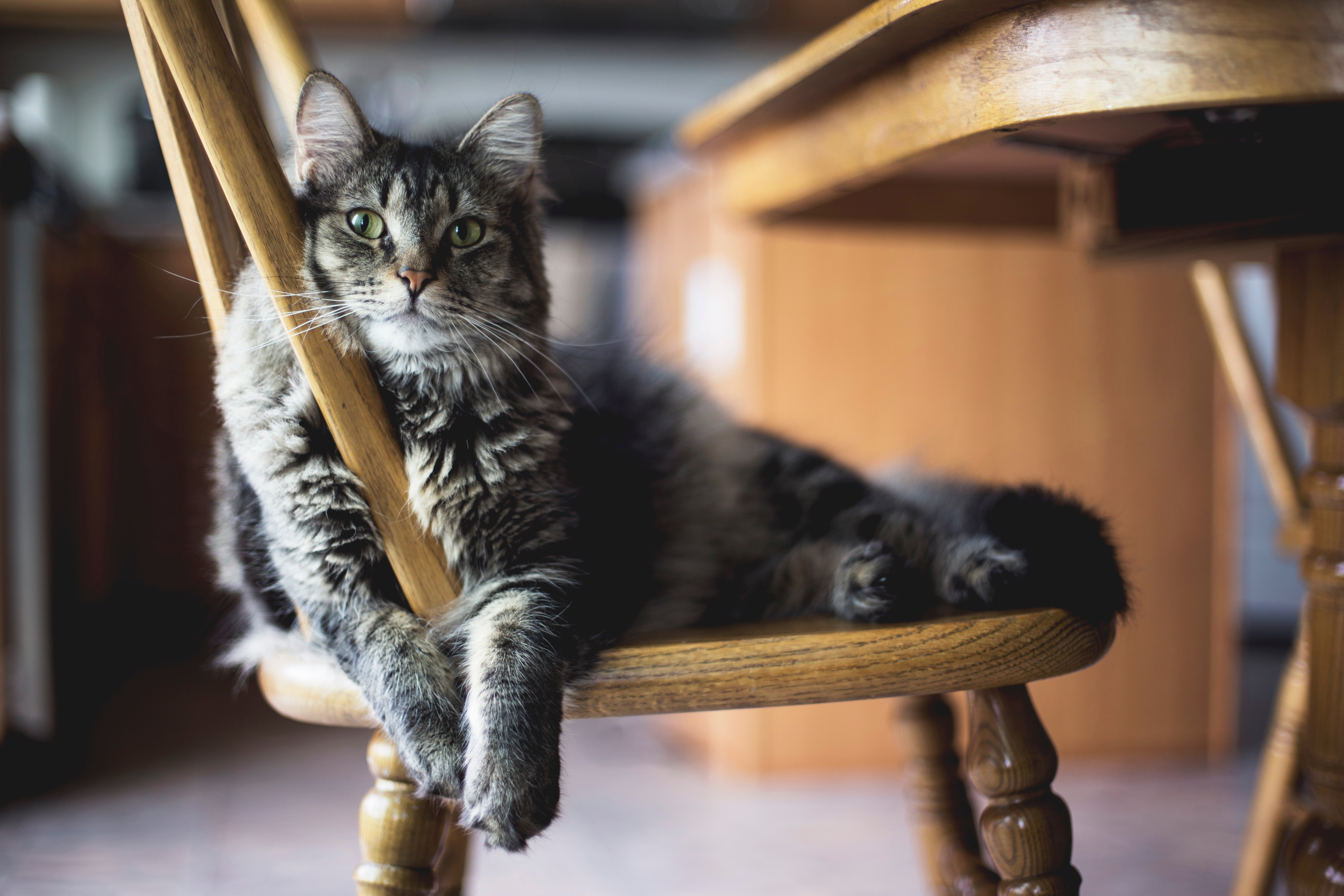
All this shows that keeping a pet is not a decision to be taken lightly. We need to be sure that we can cater to the physical and emotional needs of our animals, that we are adopting responsibly and not supporting breeders who care more about money than their dogs. We need to make sure that we put our pet’s needs before our own when it comes to making difficult decisions about their welfare. And perhaps we should all read this article about how to make life better for our pets…

Nonetheless, in the case of healthy dogs and cats able to express their natural behaviours and benefit from the dedicated care and affection of their owners, it’s hard to see anything but mutual love and benefit. Yes, our pets depend on us for so many things. But we also depend on them for comfort and companionship. So rather than worrying about the ethics of keeping our pets, let’s acknowledge how lucky we are to have them in our lives and do everything we can to deserve them. Whether or not we feel comfortable with it, we hold tremendous power over our animals’ lives. They are counting on us to use that power responsibly, to be people that they can depend upon. Let’s not let them down.
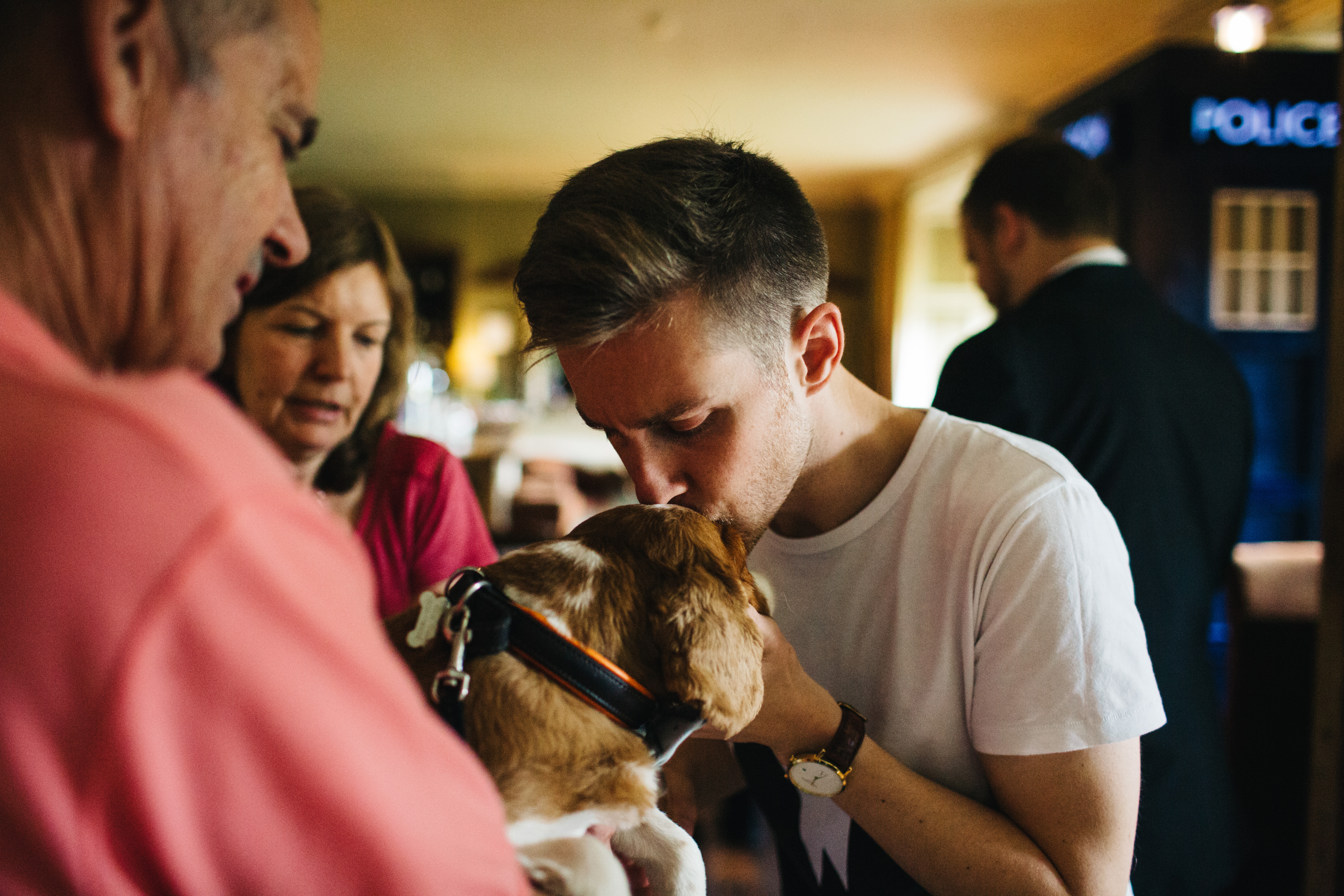
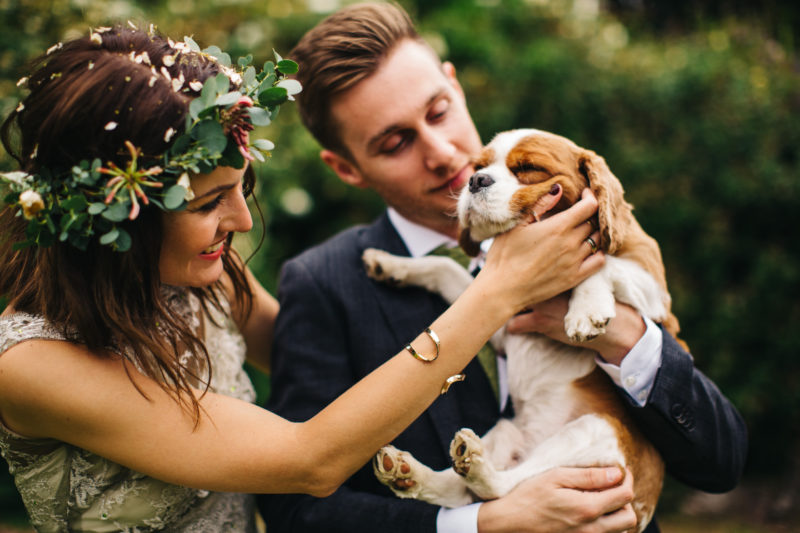
I loved this article very much.
I have a beautiful cavalier King Charles doggy that I raised from a pup.He is the light and joy of my life. His name is Rusty,he is Ruby red and white in color.I love him.I have had him for going on 8 years now.I sing a lullaby song to him when goes in his crate.I adore him.
This article is not only touching but has some really great ethics to follow if you want to have a safe and healthy pet. I love and its very inspiring.
Good post.🙂
do you know the ethics of keeping pets in South Florida?
Nice article.
Which is the best service among those listed in this site?
https://bestpetfoodreview.com/best-small-breed-dog-food/
I am spending time to read your article and it was so touching. Thanks for sharing your blog.
I am spending time reading your article and I enjoy sharing your story. Thanks a lot for sharing your blog.